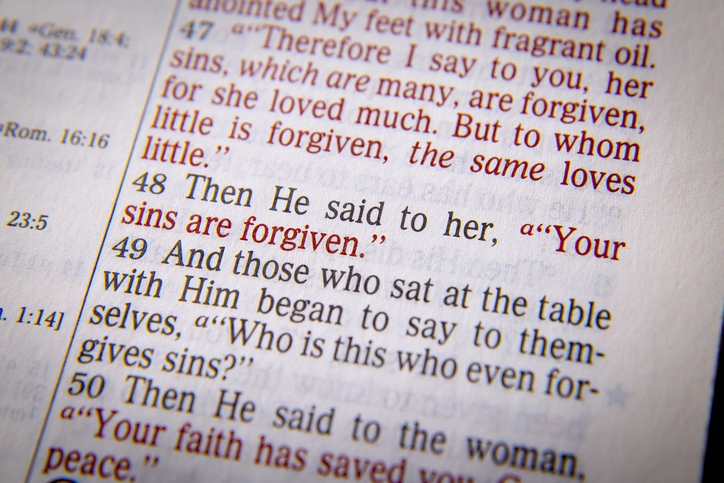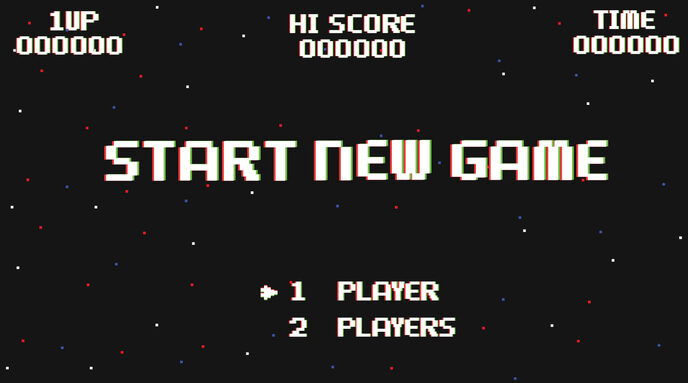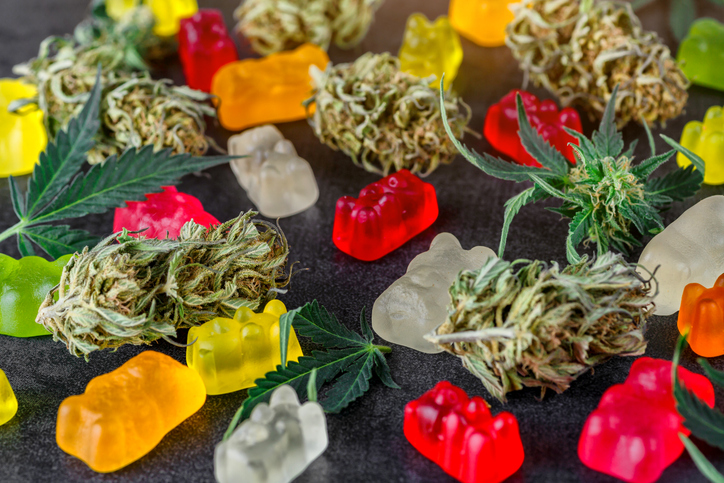Stubborn Joy (Things That Don’t Make Sense Until They Do)
Joy is one of those words that sounds like it belongs in a greeting card—probably one with glitter. You know the kind. Smiling sunflowers. Floating script. Some vague sentiment about brighter days and choosing happy.
I’m not exactly someone that people would generally call “sappy” but at the end every blog post I leave you with the phrase “A little faith, a little courage, and a whole lot of stubborn joy,” and trust me—it’s not because I think it’s cute or to give you the warm and fuzzies. It’s because I have committed myself to live in the space of “stubborn joy.” And this type of joy isn’t always filled with sunshine and rainbows.
Because that kind of joy—the breezy, polished, bumper-sticker version—doesn’t hold up when life starts coming apart. It doesn’t speak to mounting anxieties that won’t let you sleep or grief that won’t let you breathe. It doesn’t do much when you’re staring at the ceiling at 3 AM wondering if this is really all there is.
No, real joy—the kind the Bible talks about—isn’t clean or sparkly or easy. It’s gritty. It’s dirty. It’s fearless.
It’s a blood-under-the-fingernails, one-foot-in-front-of-the-other, dare-you-to-quit kind of joy. It’s Biblical kind of joy.
And it’s a lot more stubborn than most people could ever imagine.
Joy Isn’t a Feeling—It’s a Force
When Nehemiah said, “The joy of the Lord is your strength” (Nehemiah 8:10), he wasn’t talking to a crowd at a worship concert. He was speaking to people who were overwhelmed. Exhausted. Spiritually and emotionally wrecked. They had just heard the law read aloud for the first time in thier lifetime and realized how far off-course they’d wandered. They were mourning.
And in the middle of that sorrow, Nehemiah says—don’t grieve. Rejoice. Not because your pain isn’t valid. Not because everything is fine. But because even when your world is crumbling, God is still God.
Joy, in this context, doesn’t mean “act like everything’s okay.” It means “draw strength from the one thing that is okay.”
The Hebrew word for “joy” in this passage is chedvah—gladness, rejoicing, a kind of deep, rooted confidence not in yourself, but in the unchanging character of God.
This isn’t passive emotion. It’s active defiance.
Joy, real joy, is the thing that stands up in the storm and says, “I still know who holds me.”
The Habakkuk Kind of Joy
Habakkuk isn’t exactly the book people turn to for warm encouragement, but it just might hold the most honest declaration of joy in the whole Bible.
“Though the fig tree does not bud
and there are no grapes on the vines,
though the olive crop fails
and the fields produce no food,
though there are no sheep in the pen
and no cattle in the stalls,
yet I will rejoice in the Lord,
I will be joyful in God my Savior.”
(Habakkuk 3:17–18)
No food. No income. No future security. Nothing is going right. And Habakkuk doesn’t say, “But I’ll stay optimistic. It’s all about manifesting this positive attitude.” No! He says, “Yet I will rejoice.”
That’s what stubborn joy looks like.
It’s not denial. It’s a deliberate decision to root your hope in something that can’t be touched by your circumstances—God Himself.
You could call it irrational. You could call it unrealistic. Habakkuk would call it a Tuesday and move on like he means to live in the no—fear stubborn joy of the Lord. I like that guy.
Stop Looking Under the Lamppost
There’s an old story about a drunk man searching for his keys under a streetlight. Someone stops to help. After a while of not finding the keys anywhere the guy asks the drunk, “Are you sure this is where you lost them?” And the drunk replies, “No, I lost them over there in the dark—but the light is better over here.”
That’s us, a lot of the time.
We say we want peace. We say we want purpose. We say we want joy. But we keep searching under the nearest, best looking, best lit lampposts—things that are easy, familiar, publicly approved.
We scroll. We self-medicate. We work ourselves numb. We slap clinical labels on every uncomfortable emotion because it’s easier than wrestling with the soul.
But the keys aren’t there. And we will never find them where we are looking.
You want joy? You’ll have to go looking in the places you’ve been avoiding.
The dark places. The confusing places. The places where you stop asking Google or ChatGPT and start asking God. The places where worship feels more like a whisper than a victory chant.
The places where you stop pretending you’re okay and finally admit you’re not.
That’s where you find the keys. That’s where stubborn joy starts.
Joy in an Anxious World
If we can all agree on one thing. I think it would be that we live in a world where joy feels like a luxury item. The thought creeps into our head, “No, joy isn’t for me. I don’t have the time, money, or relationships for those kinda feelings. I wouldn’t even know what that looks like.”
Between the headlines, the constant notifications, the weight of uncertainty, and the pressure to hold it all together, joy feels like something reserved for people with fewer problems and better sleep.
Before I say what I’m going to say here, let me emphatically say this: clinical anxiety and depression are real. They deserve serious care, treatment, and compassion. No one should ever feel ashamed for seeking help or needing support. Make no mistake about that.
But somewhere along the way, we also became uncomfortable with feeling anything hard. We started labeling every ache, every season of sorrow, every moment of fear—as if simply being human wasn’t allowed to hurt.
It’s true, some pain needs diagnosis. Some needs medicine. Some needs therapy.
But some pain? Some is just part of life in a broken world.
And maybe what we need most in those moments isn’t a label—it’s truth. A truth that doesn’t dismiss the pain but puts it in perspective. A truth that reminds us we’re not alone, we’re not broken beyond repair.
Because stubborn joy doesn’t ignore pain. It just refuses to be ruled by it.
It says, I can be scared and still move forward. I can be heartbroken and still hope. I can feel everything… and still choose to trust.
That kind of joy doesn’t come cheap. But it holds up under the harshest of climates.
“Those who sow with tears will reap with songs of joy.” (Psalm 126:5)
Joy Isn’t Always Smiling
Joy doesn’t always show up with fanfare. It doesn’t always come with clarity or confidence or a well-lit path. Sometimes, it shows up with a cracked voice and a racing heartbeat.
Sometimes joy looks like getting out of bed when everything in you wants to hide. It looks like folding laundry while whispering prayers you’re not sure God is answering. It looks like making a real dinner, even when sadness keeps stealing your appetite and all you think you can muster is your second bowl of cereal for the day.
Joy isn’t about pretending everything’s fine. It’s about knowing that God is still good—even when you’re flat on your back and can’t see five feet in front of you. It’s holding on to the promise that He does have a plan—even if you can’t see it yet.
I want you to hear this because God made this promise to YOU: “For I know the plans I have for you,” declares the Lord, “plans to prosper you and not to harm you, plans to give you a future and a hope.” – Jeremiah 29:11 (NIV)
Stubborn joy, that Bible joy, won’t fix everything overnight. It won’t erase the ache. But it’ll lace up your shoes when you’re too tired and help you put one foot in front of the other. Because the “joy of the Lord is your strength.”
It’s not loud. It’s not shiny. It doesn’t ask for attention.
And when everything else falls apart, it’s this kind of stubborn joy that keeps you moving forward.
So, my sweet friend, have:
☕ A little faith, a little courage, and a whole lot of stubborn joy. – Tonya
What has stubborn joy looked like in your life? Are you fighting for it right now? Drop a comment—I’d love to hear your story.
© 2025 All posts written by Tonya E. Lee








